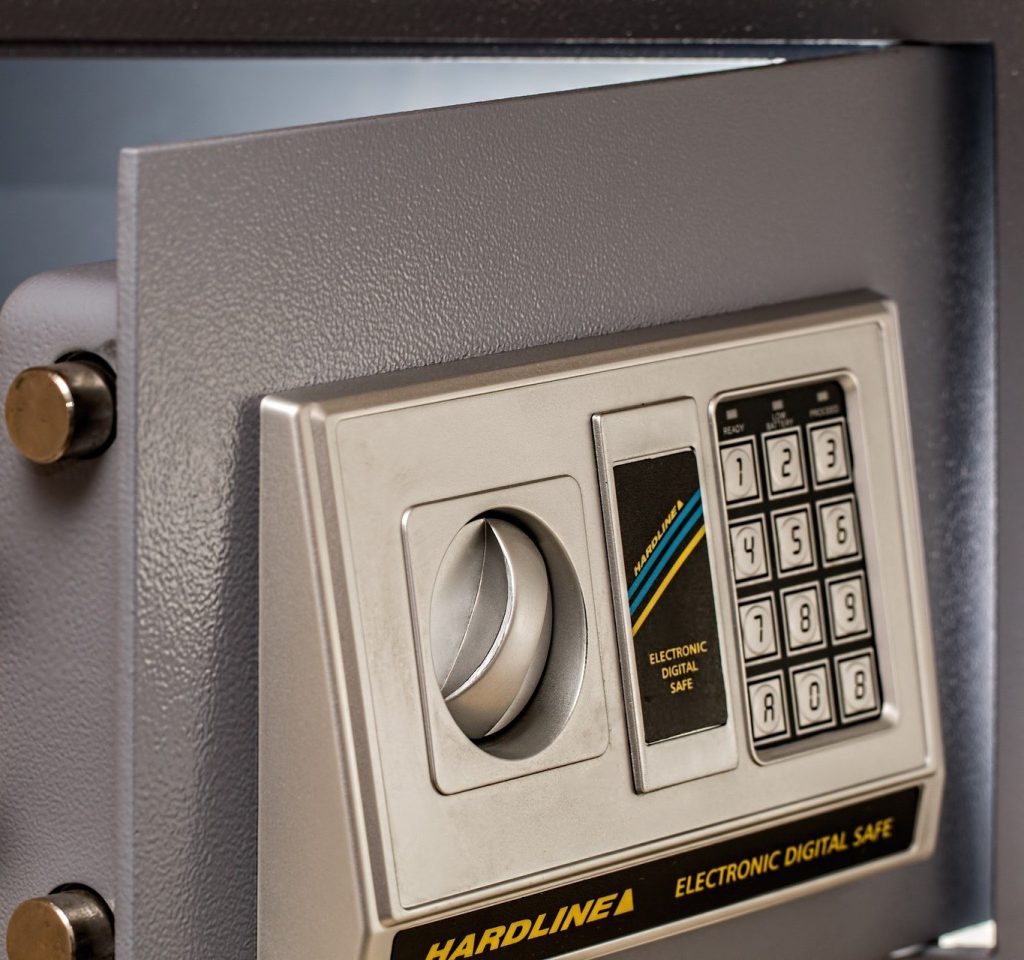Locksmiths are the ones who come to the rescue when people lose the key to their house or lock themselves outside of the car.
But locksmiths perform a variety of other tasks.
If you want to become a good locksmith, to find and retain clients, you will need many other skills besides dexterity and locksmithing skills.
Earn your accredited, affordable Locksmith career diploma online with Penn Foster in as little as 2 months!
Article Table of Contents
The Advantage of Becoming a Locksmith
Locksmiths have the advantage that they can become self-employed right after gaining certification.
However, this is not the only career option available.
After earning the credential that is required in your state you can choose between several professional paths:
- Work as a freelance locksmith
- Start your own business where you will be your boss – as we mentioned, this is an important advantage because not all professions give you the option of establishing your own business and rates.
- Find employment with an established locksmith business
Common Career Options
There are many specializations that locksmiths can choose from.
In this article, we will provide you with information about the most common locksmith specializations.
Commercial Locksmiths
The term “commercial locksmith” can refer to:
- someone who installs and maintains locking systems for businesses or corporations
- someone who owns a locksmith store
Mobile Locksmith
While some locksmiths work out of a store, some choose to travel to their client’s homes.
Working out of a vehicle is also less expensive, and many locksmiths choose this option because of the low overhead.
Institutional Locksmith
Institutional locksmiths provide locksmithing services to colleges, schools, hospitals, or government facilities.
Forensic Locksmiths
A forensic locksmith is qualified to help police determine how a house, a business, an institution, a vehicle, or a safe was broken into.
They may testify for the prosecution or defense in legal cases.
The above categories are broad areas of locksmithing, but each of the above can be broken down into smaller areas such as:
- automotive locksmith
- master key system specialist
- residential locksmith
- security consultant
- safe technician
- electrical locksmiths
The above article shows us that the locksmithing field includes many different career paths, but there are some key skills that locksmiths need, regardless of their area of expertise.
Locksmiths should have attention to detail, good knowledge of all types of locking systems that are used in their field, dexterity, as well as good communication skills.
If this career path sounds interesting, you should also check what licensing requirements (if any) apply in your state and start training for this profession.
Read the full guide: How to Become a Locksmith



Looking for a locksmith class.